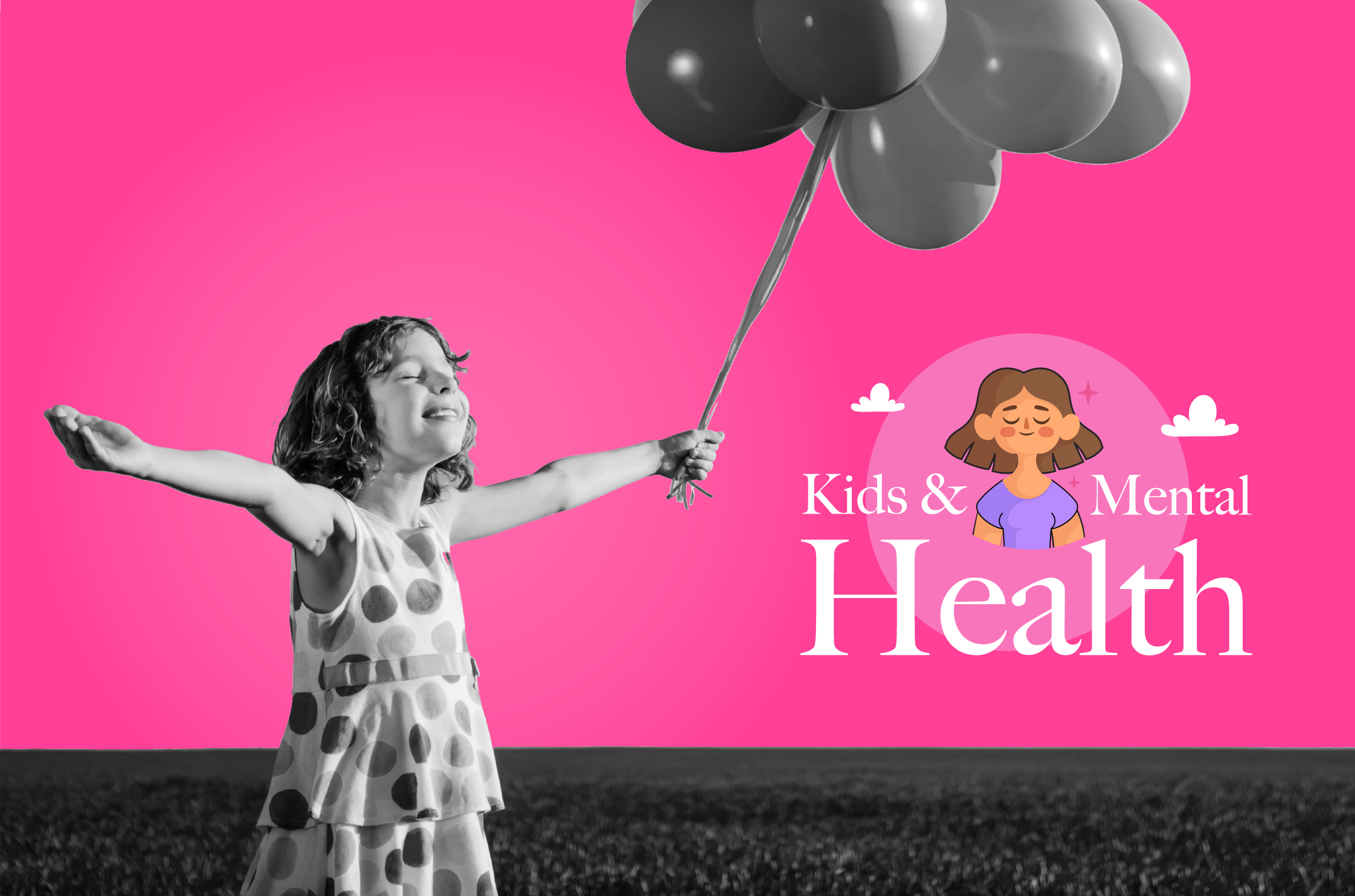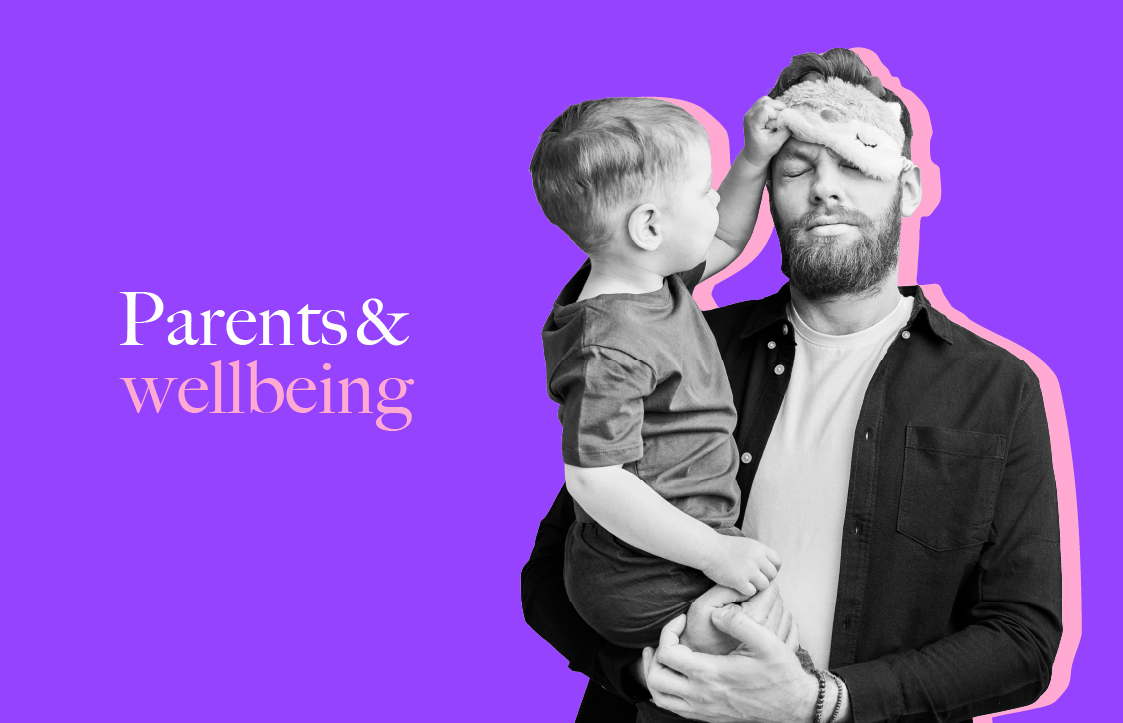Nurturing the Future: Why Kids' Mental Health Matters
September 15, 2023
Nurturing the Future: Happy Minds, Happy Lives!
In this fast-paced and demanding age, the value of children's mental well-being cannot be understated. Similar to our dedication to their physical health, ensuring the fulfillment of the emotional and psychological requirements of children is essential for their holistic development.
Why Kids' Mental Health Matters
The mental well-being of children establishes the cornerstone for their future welfare and achievements. A solid mental foundation equips them with the skills to navigate challenges, cultivate resilience, and forge positive relationships. As children enjoy mental wellness, their academic performance improves, they actively engage in social activities, and they demonstrate a penchant for positive behaviors.
Factors Influencing Kids' Mental Health
Family Environment
A supportive and loving family environment fosters a sense of security, while conflict and instability can lead to stress and anxiety.
School Life
School plays a significant role in a child's life. Academic pressures, bullying, and social dynamics can all affect their mental well-being.
Social Relationships
Positive friendships and healthy social interactions contribute to a child's self-esteem and mental health
Media and Technology
Excessive screen time, exposure to violent or inappropriate content, and cyberbullying can negatively impact children's mental health.
Biological Factors
Genetics and brain chemistry can influence a child's predisposition to certain mental health conditions.
Signs of Healthy vs. Unhealthy Mental Development
It's important to recognize signs that show if kids are growing mentally well or not. Good signs include being curious, talking about feelings, solving problems that fit their age, and being able to control their emotions. But if kids have issues with their mental health, they might show signs like being really sad or irritable for a long time, not wanting to be around friends, getting very angry, having trouble sleeping or eating, and not doing well in school. It's important to notice these signs early and get help if needed.
Promoting Kids' Mental Health
Open Communication
Encourage your child to express their feelings openly. Create a safe space where they feel comfortable discussing their thoughts and concerns.
Healthy Lifestyle
Proper nutrition, regular physical activity, and adequate sleep contribute to a child's overall well-being, including their mental health.
Limit Screen Time
Set limits on screen time and ensure the content they consume is age-appropriate and educational.
Teach Coping Skills
Help your child develop healthy coping mechanisms, such as deep breathing, mindfulness, or engaging in hobbies they enjoy.
Foster Resilience
Encourage your child to embrace challenges as learning opportunities. Praise their efforts rather than just their achievements.
Encourage Social Interaction
Support your child in building and maintaining positive friendships. Social connections are vital for emotional well-being.
Lead by Example
Children often emulate the behaviors they see in adults. Model healthy emotional expression and stress management.
When to Seek Professional Help
Consider seeking help if your child’s behavior persists for a few weeks or longer; causes distress for your child or your family; or interferes with your child’s functioning at school, at home, or with friends. If your child’s behavior is unsafe, or if your child talks about wanting to hurt themselves or someone else, seek help immediately.
Here are some of the symptoms that tell you that your child needs professional help.
- Have frequent tantrums or are intensely irritable much of the time
- Often talk about fears or worries
- Complain about frequent stomach aches or headaches with no known medical cause
- Sleep too much or too little, have frequent nightmares, or seem sleepy during the day
Prioritizing kids' mental health sets the stage for their lifelong well-being. By fostering a nurturing environment, promoting open communication, and providing the necessary tools to navigate challenges, we can empower children to develop strong emotional resilience and lead fulfilling lives. Remember, just as we care for their physical health, their mental health deserves our unwavering attention and support.

Related Articles
Parenting isn’t easy, earning rewards should be !



.png)